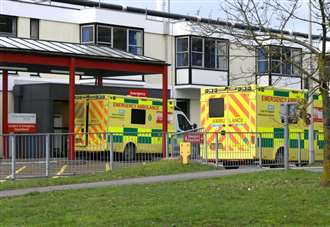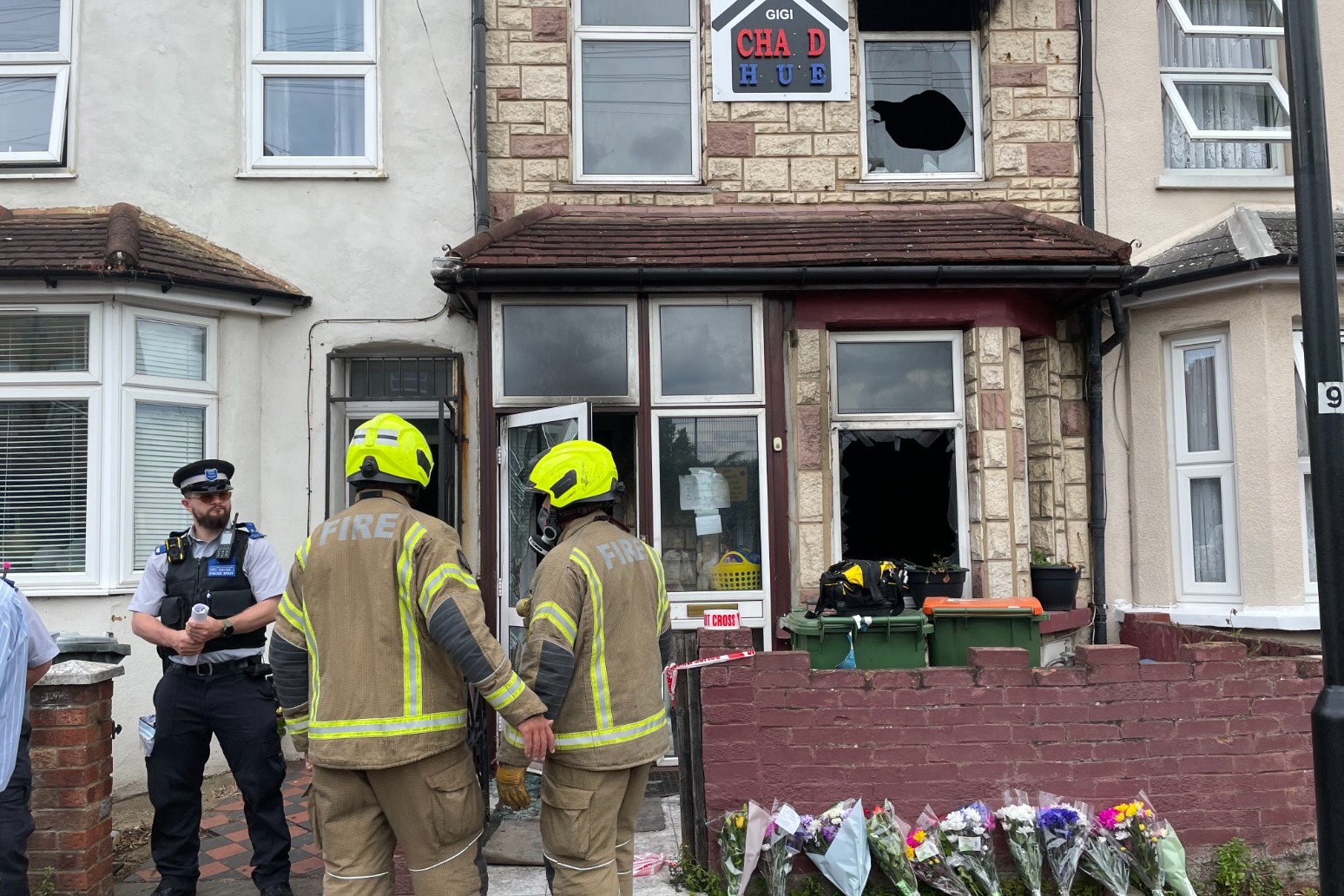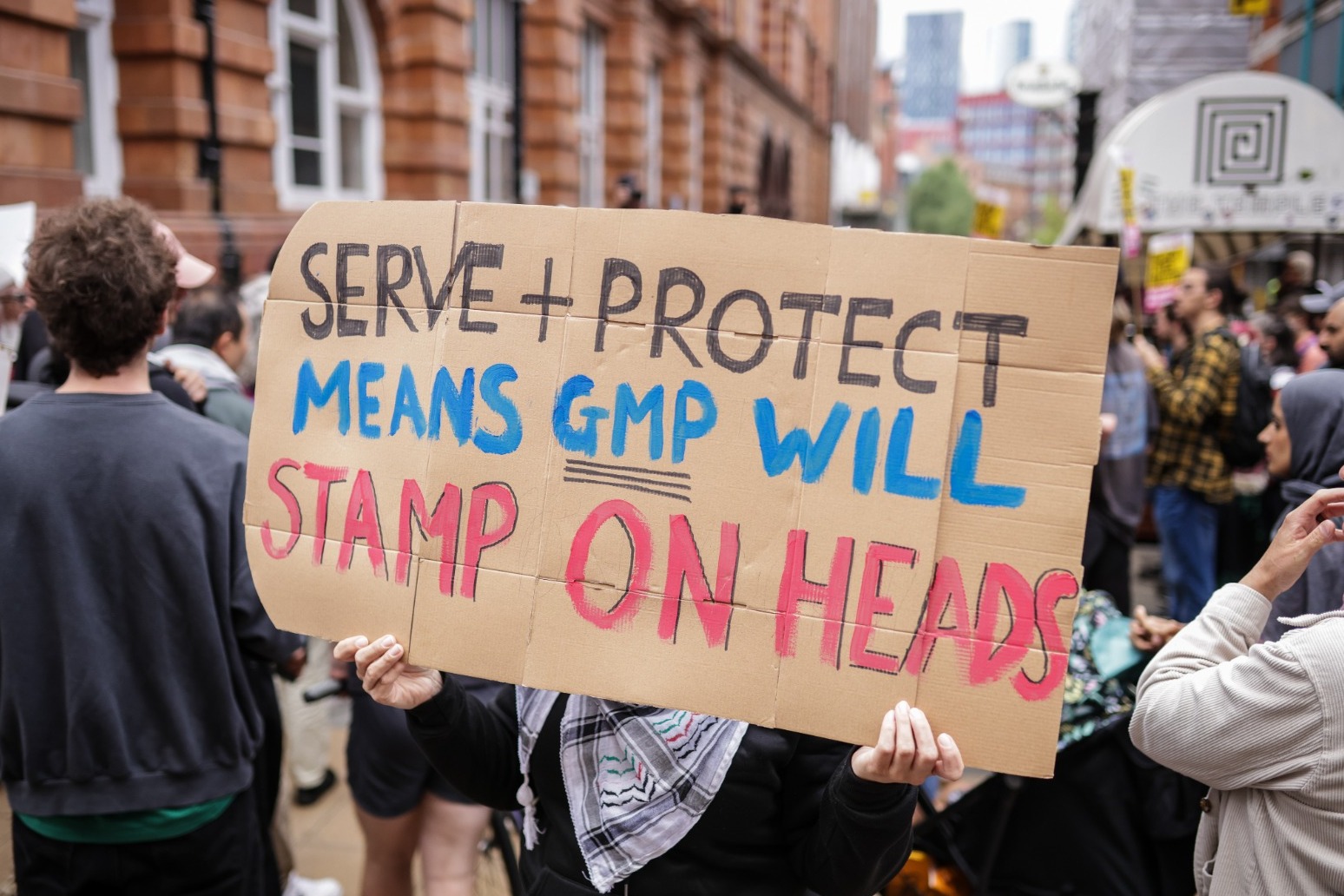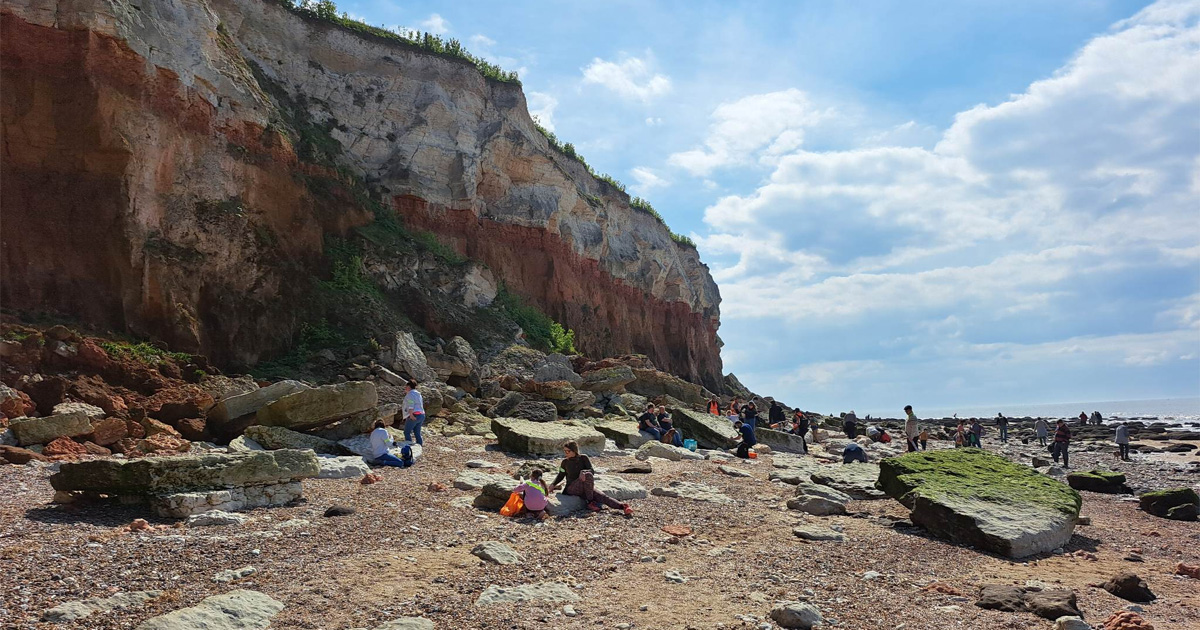
Maintaining emergency and life-preserving care will be the priority at Lynn’s Queen Elizabeth Hospital during seven days of strikes starting this Friday.
It comes as junior doctors have announced a four-day walkout from 7am on Friday until 7am on Tuesday, which will be followed by a 48-hour strike by hospital consultants from 7am on Thursday, August 24 until 7am on Saturday, August 26.
In line with other hospitals in the region, officials at the QEH say there will be a reduction in the number of routine operations, planned procedures and outpatient appointments during this time.
This is to allow remaining clinicians to focus on providing emergency and inpatient care, and to see and treat those with the greatest clinical need.
A QEH spokesperson said: “We understand how frustrating and distressing this will be for patients, and we are sorry that people will have appointments rearranged.
“Please do attend appointments unless you are informed otherwise.”
GPs and pharmacies are also open and largely unaffected during the strike period.
Thousands of NHS appointments and procedures are set to be postponed across the region during the strike action, which represents the ninth month of industrial action across NHS services this year and the fifth strike taken by junior doctors.
Agency cover arrangements that had previously helped alleviate the impact of strikes have now been stopped, after a recent ruling by the High Court.
This does not apply to a hospital’s own ‘bank’ staff, however.
During the last strike by junior doctors held between Thursday, July 13 to Tuesday, July 18, this disruption led to a total of 1,599 inpatient procedures having to be rescheduled and the postponement of 11,064 outpatient appointments.
Edward Morris, regional medical director and chief clinical information officer from NHS England for the East of England, said: ”With every strike day lost, we see an increase in the backlog of essential NHS work and further pressure put on other staff across the region.
“This time, the summer holiday period has made it particularly challenging to fill staff schedules so that we maintain the safety levels required.
“Patients in need of emergency care should continue to come forward, but we fear thousands of appointments will be postponed again, and so urge the relevant parties to find a way to end the dispute once and for all.”
The QEH is now appealing to residents to only attend its Emergency Department when it is absolutely necessary, to ensure that care is available to patients with serious accidents and for genuine emergencies, such as:
• chest pain
• breathing difficulties
• signs of a stroke
• bleeding that won’t stop
Residents should not delay seeking help from the NHS if they feel unwell, however.
Officials say the best way to get urgent medical help is to visit 111.nhs.uk or call 111 for anything that feels urgent, both physically and mentally, or if you are unsure what to do.
They also have the following advice:
• If it is a life-threatening emergency, call 999 or go to your nearest emergency department
• If you have a medical appointment and have not been contacted by a staff member, continue to attend your appointment as usual
• If you are unable to make your NHS appointment, remember to contact the number on your appointment letter so that it can be reallocated to another patient and also cancel any booked transport
• Anyone who is contacted by a member of the QEH team to cancel your appointment is urged to be “kind and respectful” towards staff making the calls, and know that they are working hard to reschedule these as quickly as possible













